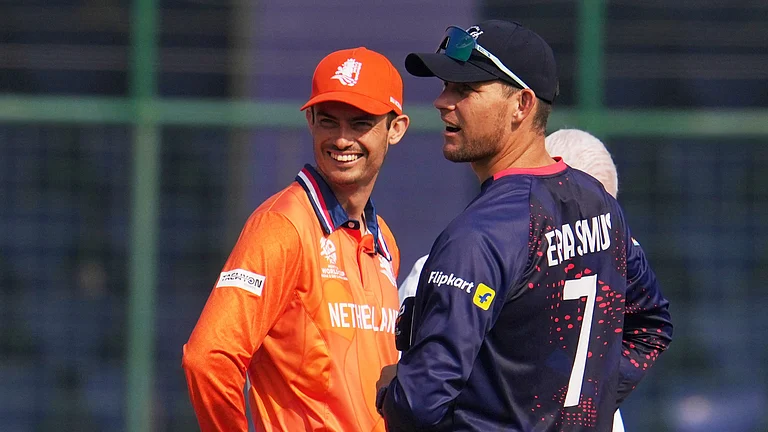“What is the first and principal thing he does, what need does he serve by killing? He covets. How do we begin to covet? We begin by coveting what we see every day.”
—Thomas Harris, The Silence of the Lambs (Hannibal Lecter, #2)
In 1991, The Silence of the Lambs was released as a film. Based on a novel by former journalist Thomas Harris, in the film, Clarice Starling, a young FBI agent, seeks the help of Dr. Hannibal Lecter, an imprisoned, cannibalistic, serial killer, and a psychiatrist, to help her find Buffalo Bill, a serial killer who skins his female victims. The character of the serial killer was an amalgamation of real life serial killers like Ted Bundy. The book explored the mind and motives of such murders, uncovering in the bargain among other things, pertinent formations like patriarchy. We often realise that truth is stranger than fiction. We also often know that fiction comes from reality. Lecter asks Starling to look for the need that is served by killing.
The recent case of a young man who has been accused of killing his live-in partner in Delhi, then disposing of her body by cutting it into many pieces, storing them in a refrigerator in black polythene bags first, then throwing them in different parts of forested Delhi over many days, is a story exposing the dark underbelly of human nature. It is a story that we have often encountered in literature and in films and real life. The accused Aftab Poonawalla said he was inspired by Dexter, a fictional TV series about a serial killer, according to the police. But the intriguing question is: what did he covet?

There are many ways of looking at a crime like this. A murder is a murder. But all murderers have different motives. Or no motive, other than an urge without any fear of the law, devoid of empathy. Psychologists have categorised such killings as those where the perpetrator suffers from an anti-social personality disorder. Robert D Hare, a Canadian forensic psychologist known for his research in the field of Criminal Psychology, describes psychopaths as “social predators who charm, manipulate, and ruthlessly plow their way through life, leaving a broad trail of broken hearts, shattered expectations, and empty wallets.” Hare’s Psychopathy Check List-Revised (PCL-R), which he developed for researchers in 1980, is still used by researchers, forensic clinicians and the criminal justice system. In fact, it was in the mid-to-late 1800s that the term psychopath was derived from its Greek roots psykhe and pathos, meaning ‘sick mind’ or ‘suffering soul.’ Was Poonawalla a ‘sick mind’? Is he a product of our times, of this universe with all its orders and disorders?
These aren’t ‘crimes of passion’ but cold-blooded killings to assuage some urge. What was the urge? The need to control, the desire for power, just the thrill, was it pleasure? Is there remorse? Is there guilt? Is guilt an emotion everyone experiences? Is there no empathy? Is there no conscience? These are some of the questions we are left with, questions this issue attempts to answer, questions that will be with us long after the spectacle of this murder has died down, questions we must reach for answers to.
(This appeared in the print edition as "Thou shalt not covet")


























